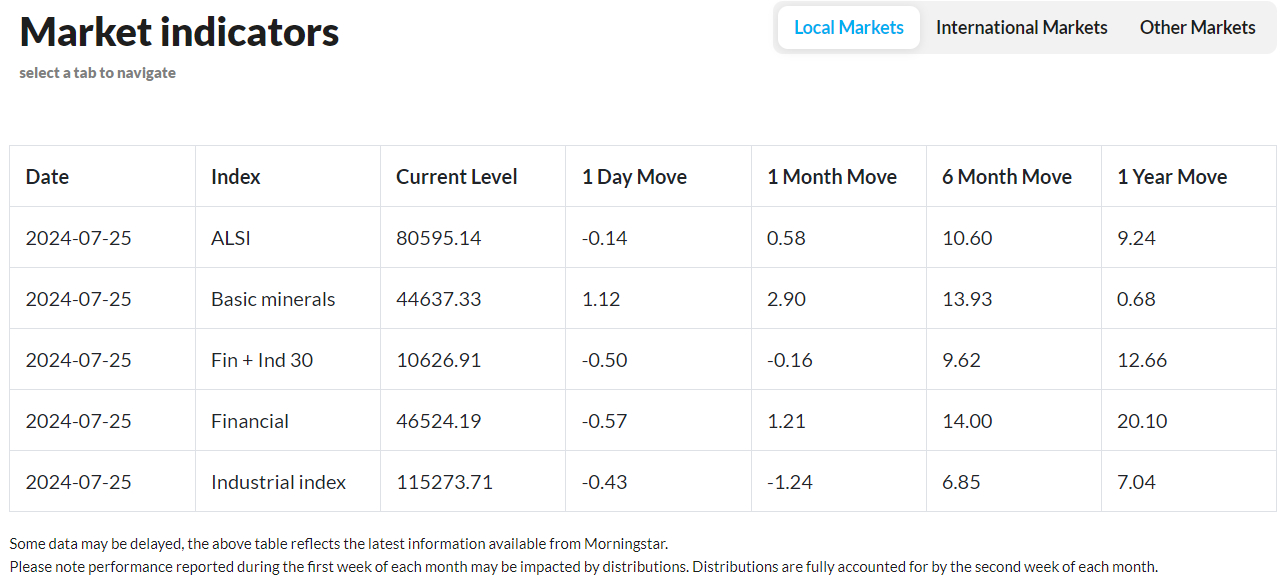S& P 500 hits all time highs U.S.-Japan trade deal optimism
Wall Street saw a significant dip on Wednesday, largely driven by a widespread sell-off in technology shares following disappointing earnings from major tech companies. This raised concerns about the continued strength of the bull market fuelled by artificial intelligence (AI). According to Trading Economics, the S&P 500 fell by 2.30%, marking its worst day since December 2022, while the Nasdaq 100 dropped 3.60%, its biggest decline since October 2022. The Dow Jones Industrial Average also fell, losing 503 points. Alphabet (NASDAQ:GOOGL), the parent company of Google, saw its stock drop by 5% due to higher-than-expected AI-related spending and lower-than-anticipated YouTube advertising revenue. Tesla (NASDAQ:TSLA)'s shares plunged 12.30% after reporting a 7% decrease in automotive revenue, a profit miss, and delays in its Robotaxi project. Visa (NYSE:V)'s stock fell 3.90% to its lowest point since December, due to reduced payment volume and processed transactions. Semiconductor stocks also suffered, with Nvidia (NASDAQ:NVDA) down 6.80%, Broadcom (NASDAQ:AVGO) declining 7.60%, and Arm dropping 8.10%.
European stocks closed lower on Wednesday, as recent earnings reports suggested that a deteriorating global economic environment is impacting the European corporate sector. The Eurozone's STOXX 50 index dropped 1.20% to 4 860, while the pan-European STOXX 600 fell 0.60% to 512. Trading Economics reports that: “LVMH's (EPA:LVMH) shares dropped by 4.70% after the company's revenues fell short of expectations, primarily due to reduced demand from China, its largest market, amidst the country's slowing economy. This negative sentiment also affected other luxury brands, with Hermes and Kering (EPA:PRTP)'s shares declining by 4.50% and 2%, respectively. Additionally, ASML's (AS:ASML) stock fell 3.40% following disappointing results from major US tech companies, raising concerns that the rally in AI-related equities this year may have been overextended.”
Chinese stocks fell to a five-month low after recent stimulus measures failed to alleviate market concerns about the country's economic outlook. Earlier this week, the People's Bank of China unexpectedly cut key lending rates for the first time in almost a year. However, analysts believe that this measure is unlikely to boost economic growth. Additionally, Chinese authorities declined to announce more specific and decisive policy actions at the Third Plenum last week, further contributing to market uncertainty.
A string of dismal corporate earnings weighed on the JSE, which fell 0.14% to 80 595 on Wednesday. The local currency also had a tough session, recording a 1.20% intraday decline as risky assets were affected by the uncertainty of US politics following Joe Biden's withdrawal from the presidential race. By 18h00, the rand traded at R18.25/$. Concurrently, South Africa's annual inflation rate fell to a six-month low of 5.10% in June 2024, a minor decrease from 5.20% recorded in the previous two months. However, the inflation rate remained higher than the South African Reserve Bank's target of 4.50%.
In the commodities market, gold gained 0.66% to $2,424.98/oz and platinum 1.79% to $959.41/oz. Following three consecutive sessions of decline, oil prices recovered on Wednesday due to falling US crude stocks and mounting supply threats from wildfires in Canada. Brent crude was 0.20% firmer trading at $81.69 a barrel.

Which stock should you buy in your very next trade?
AI computing powers are changing the stock market. Investing.com's ProPicks AI includes 6 winning stock portfolios chosen by our advanced AI. In 2024 alone, ProPicks AI identified 2 stocks that surged over 150%, 4 additional stocks that leaped over 30%, and 3 more that climbed over 25%. Which stock will be the next to soar?
Unlock ProPicks AI